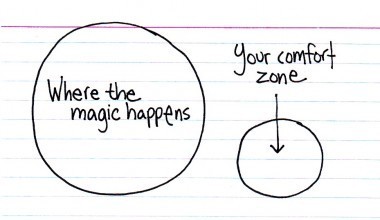I have a friend of mine, a very sensible man who loves his country Zimbabwe very much.
A few years ago he left the country to pursue further studies abroad, made frequent visits back home and always talked about returning to work here, explaining that living in a foreign land was just too much for him.
Not an unusual story for many Zimbabweans scattered across the globe.
So this buddy of mine made that visit back home again in time for the July 31 elections which he says this was an opportunity for him to contribute towards voting for something that would give him the hope of returning to his motherland so long yearned for.
We met again after the “official” results were announced and his dejection was palpable.
“I’m buying a one way ticket back to Europe,” he said to me.
“I do not see any reason to come here anyone,” he said, expressing what he said was a common sentiment from Zimbabwean colleagues abroad who had kept in touch with him to follow the July 31 poll.
The colleagues keeping a pulse on developments back home were just as dejected.
It was nothing new really: the same reasons that had made them leave the country were only being extended now, they figured, deflating all the verve they ever had about very voluntary repatriation of the kind preached by Marcus Garvery.
Imagine anyone vowing they will never return to their homeland as long as so-and-so is alive?
Even in villages as we know them this said a lot about the individual so despised, but the that’s what this country has become.
It’s heart-rending stuff because these are folks who have mothers and fathers still alive in Zimbabwe, siblings, nieces, nephews they will only see on the day they have to fly in for a relative’s funeral.
Nothing new there, yet the fact that they had expected a homecoming of sorts only serves to re-ignite and re-imagine the misery of Zimbabwe’s Diaspora.
Some guy left for South Africa in the late 1980s only to return back to Bulawayo more than a decade later, and when he saw a teenager who was always hanging around in the house excitedly shadowing him he asked: “Who is this guy?” He was told: “He is your younger brother, you left when he was four!”
These are stories that have shaped the narratives of many families in the past 15 or so years, and while the anecdote above is based on a chap who left long before the chaos of post-2000, it is a story that has poignant resonance for many, including the “educated” guy who years for that return home but asks himself: “if I got back to Zimbabwe, am I going to be able to purchase a descent home, a descent car, is there anything called mortgage in my country,” yet he is part of millions who have been told that no one forced them out of the country, that they are always free to come back.
It is then understandable within that context at least why Zimbabweans living outside the country will never in their lifetimes be “allowed” to vote because as the friend based in Europe illustrated, they are eager to come back home and settle, work for their country but only when there are clear signs that there is a government that is equally interested in improving people’s lives.
These are apparently simple requests made even by those who have remained in the country amid all the chaos and deeply are concerned about, yet find denied the most basic of human rights: food, clothes and shelter despite all the rhetoric of creating a better life for all. Only the ALL in this regard has firmly remained THEM.
I found myself musing about these things recalling about what has happened in my life in the past few months.
One of those moments was when I got an opportunity to travel across the globe, and when I returned an in-law said to me: “Ah why did you return, given half the chance I would never come back.”
So it is that as I reflect about the future, the guy who said to me he is buying a one-way ticket back to Europe is not alone after all: ordinary struggling Zimbabweans would leave given the opportunity.
Me? Well I’m sure sticking around.
It’s a tough life.











